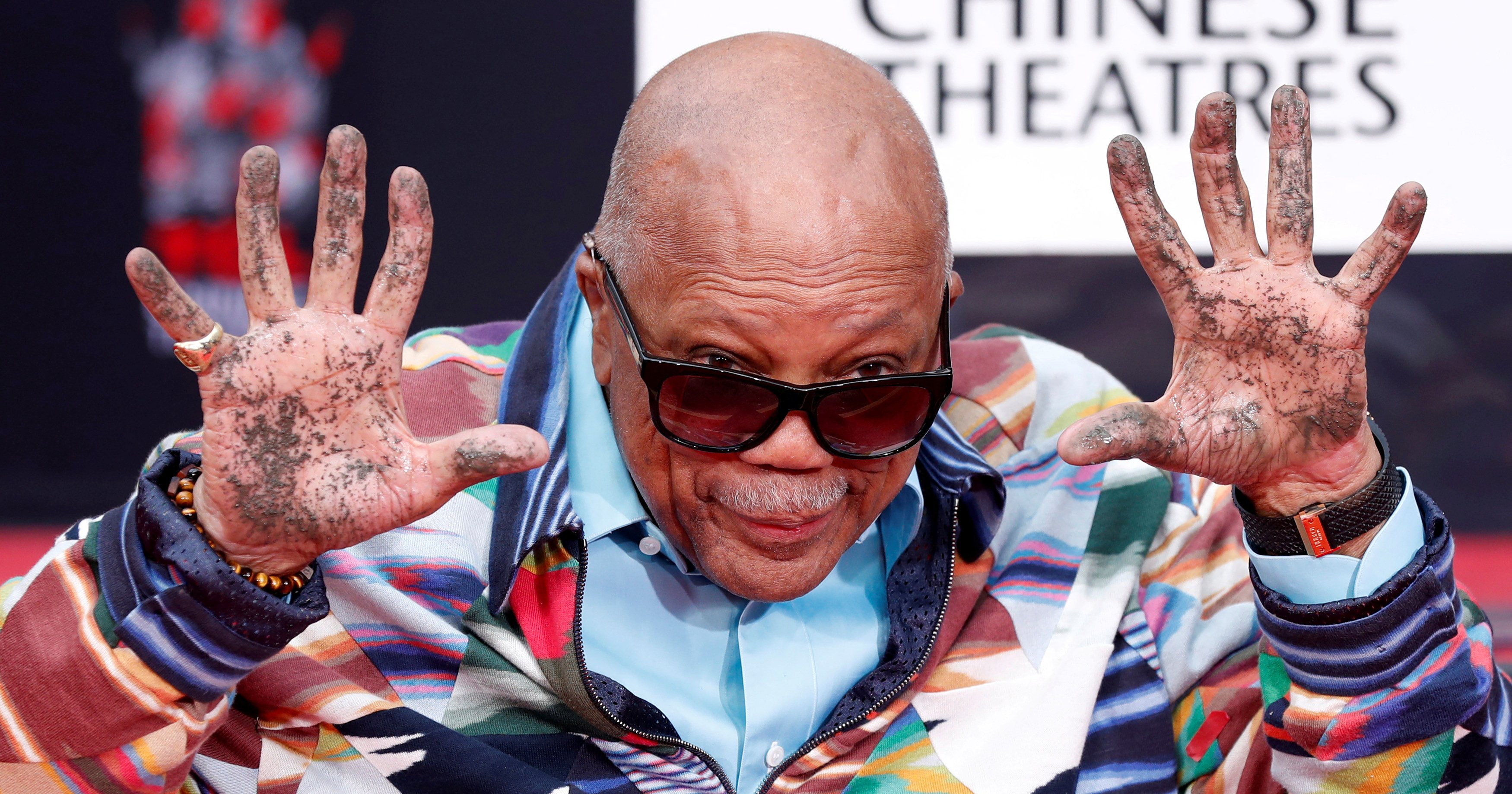Prime
Medics sentenced for drug trafficking

What you need to know:
Part III. In conclusion of the prescription drug trafficking case, we look at the fate of the pharmacist and doctor involved.
Shereen El-Azark, a 39-year-old pharmacist in Toronto, Canada, was convicted for trafficking fentanyl, a powerful opioid painkiller that also causes euphoria in users and is, therefore, highly addictive.
She supplied the drug to two drug traffickers based on fake prescriptions by a physician and was paid $1,000 (Shs3.7m) for each drug she supplied. El-Azark was tried by a judge in 2018 and was subsequently found guilty of fentanyl trafficking and possession of the drug for the purpose of trafficking. Illegal trafficking of fentanyl is said to be at the forefront of the opioid crisis in Canada and the USA.
El-Azark is a single mother with a rare disease and it was hoped that the presiding judge would give her a suspended sentence.
The judge, however, had little sympathy for her and sentenced the pharmacist to 13 years behind bars for her role in the fentanyl street trafficking ring. The prosecution had asked for a sentence of between 11 and 14 years.
The judge’s opinion on pharmacist
“As a pharmacist, El-Azark was entrusted with the control of this deadly drug’s distribution. She abused this position for person gain,” stated the judge. “While the funds (for the illicit sale of the drug) were not located, El-Azark clearly trafficked fentanyl for profit. As a pharmacist she should have been aware of the deadly effects of this drug in the hands of addicts,” the judge further observed.
“El-Azark is not an addict. Her only apparent motivation was greed,” said the judge while sentencing her.
Fate of the doctor
In June this year, a jury convicted the doctor who wrote the fake prescriptions of one count of fentanyl trafficking. The 61-year-old doctor was originally charged in 2016 by the police, following investigation into the fentanyl drug ring. It was apparent that the trafficking scheme seems to have been in operation prior to the doctor’s involvement.
Court documents suggested that he received $1,500 (Shs5.5m) in “commission” for each prescription he wrote from his family practice. It was, however, not clear if he was paid for each prescription. The doctor, who was deeply involved in selling the illegal drug that caused harm, is reported to have had a previously unblemished record. He was handed a 12-year jail sentence.
Tragic irony
“I start this difficult task by acknowledging the tragic irony that pervades this case,” wrote the judge in his sentencing decision.
“A doctor, sworn by an oath to help save lives, participated in a scheme that ultimately put many lives at risk. This tragic irony is made all the more acute when one considers that greed is the only apparent motive. For reasons that are hard to fathom, the doctor sacrificed his professional and personal existence to make easy money. The doctor’s fall from grace is, in a word, staggering,” concluded the judge.
The doctor was reported to be living in a small mansion that was subject to a significant mortgage and also owed a significant debt to the Canadian Revenue Agency. To the judge, it was clear that the doctor could not support his lifestyle and rather than change his lifestyle to address his financial predicament, he opted to participate in the drug trafficking scheme.
Right standing
The doctor was a graduate of McMaster University and is married with four children, with two of the youngest in elementary school. He had no previous criminal record. Supporting letters provided at his sentence hearing described the doctor as someone involved with his church and who was known for donating his time and money to those in need.
“There is no doubt that the doctor’s conviction and incarceration will have significant impact on him personally and on his family. It is almost certain that he will never practice medicine again,” concluded the judge as he sentenced the doctor.






